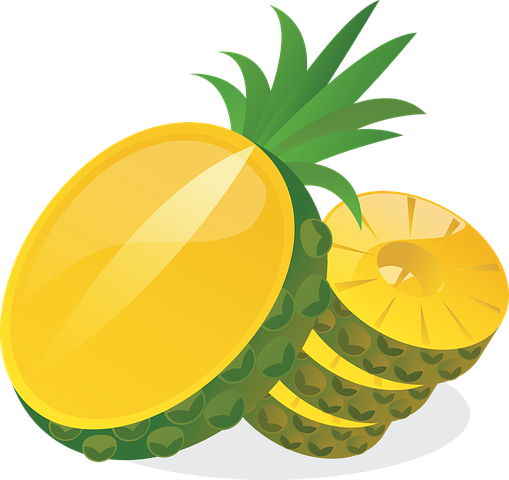By Priyanka Singh
Why Series!
Thank you, Ananyaa, for such an interesting question!
Pineapple is a tropical fruit, belonging to the Bromeliaceae family. It was indigenous to South American countries in the 17th century but is now grown almost in every tropical country. It is a spiky fruit with tender, juicy, and sweet & tangy pulp. Pineapple is enjoyed by most but almost everyone feels a certain tingling and itching while eating pineapple. Don’t worry if it happens to you too. While you are eating a pineapple, it’s only eating you back!
What!!!
Yes! It’s true! It is because pineapple contains an enzyme called bromelain. This active protein digesting enzyme breaks down the proteins in our mouth causing the itching and the swelling on our tongue and palate (roof of our mouth). Mostly this causes minor tingling and itching inside our mouth but in severe cases it can even make our mouths bleed. But do not worry, before the enzyme can do any major harm to our oesophagus and stomach, the saliva in our mouth and the acid in our stomach neutralize the enzyme and protect our mouth and stomach. The harm bromelain does to our mouth does not remain for a long time as our mouth heals quickly and the proteins build back up in a matter of minutes.
How do we make pineapple hurt less? Pineapples are usually a safe fruit to eat unless you are allergic to it, in that case, stay as far away as you can.
For people who suffer with mild tingling and itching –
- Bromelain is mostly found in the stem of the fruit. So, cutting the fruit into small pieces as far away from the stem or the core usually help.
- Cooking the fruit helps too. The heat causes a chemical reaction that neutralizes the effects of bromelain and makes it safe to eat.
Pineapple is beneficial in treating inflammation and swelling. However, eating or touching extreme amount of bromelain can cause skin rashes, loss of fingerprints, nausea, and vomiting.


